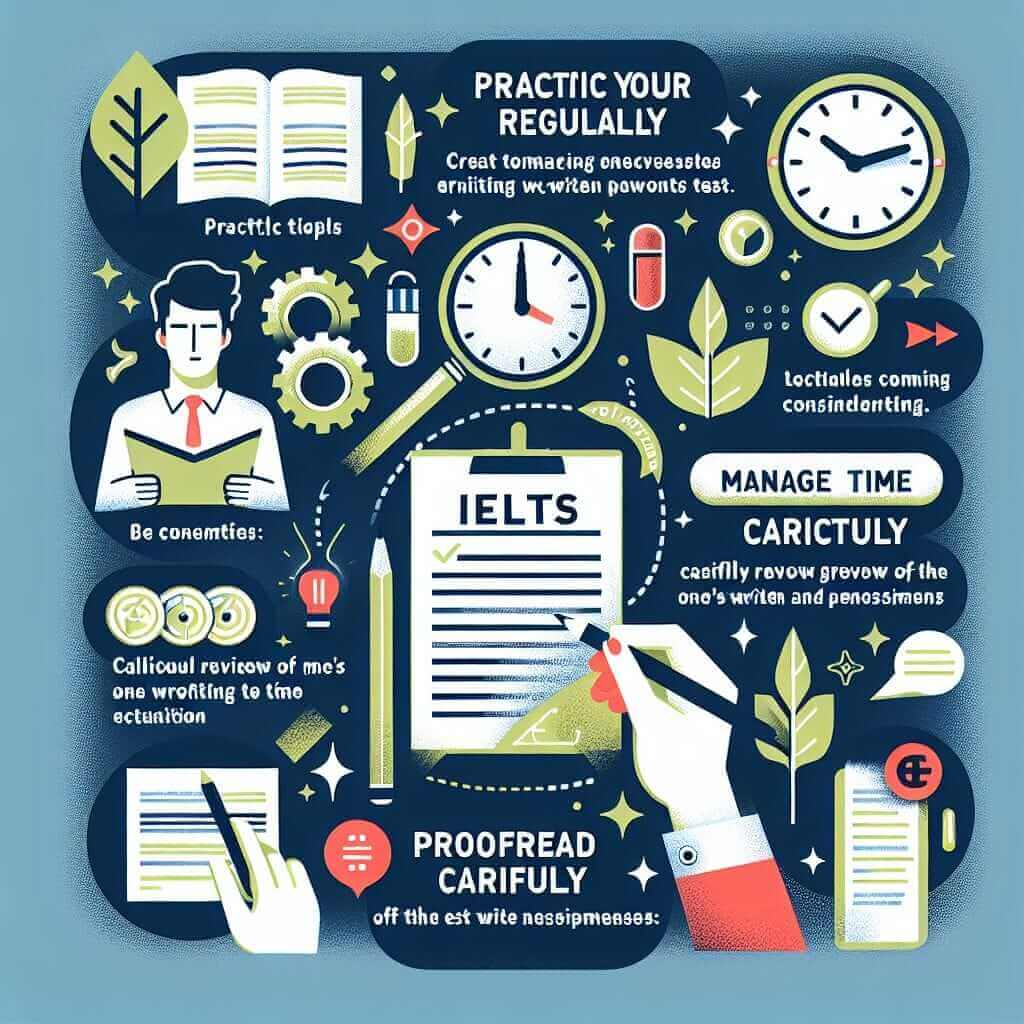As an IELTS instructor with over 20 years of experience, I’ve had the privilege of guiding thousands of students through their language learning journey. One question that frequently pops up, especially from my more seasoned learners, is: “What advantages do younger IELTS test-takers have?”
While it’s true that younger learners might seem to have a natural edge, it’s not about a magical age advantage. It’s about specific factors that can give them a perceived head start. Let’s break down these factors and, more importantly, how anyone, regardless of age, can cultivate them.
1. Exposure and Familiarity
Natural Immersion:
Younger generations have grown up in a world saturated with English. Movies, music, social media, and even video games constantly expose them to the language, often without conscious effort. This constant interaction fosters familiarity with pronunciation, vocabulary, and even colloquialisms.
 young people using technology
young people using technology
How to Cultivate This:
- Immerse yourself: Actively seek out English content you enjoy. Watch movies and shows with subtitles, listen to podcasts on topics you love, and follow English-speaking content creators online.
- Make it a habit: Dedicate even just 15-30 minutes daily to immerse yourself. Consistency is key.
2. Flexibility and Adaptability
Cognitive Agility:
Younger minds are often praised for their ability to absorb new information quickly. This can be particularly beneficial in a language learning context, allowing them to grasp grammatical concepts and adapt to different language structures with more ease.
How to Cultivate This:
- Embrace new learning methods: Don’t be afraid to experiment with different learning apps, online resources, and study techniques. Find what works best for you.
- View mistakes as opportunities: Don’t be discouraged by errors. See them as stepping stones to improvement and actively learn from them.
3. Fearlessness and Fluency
Less Self-Consciousness:
Younger learners often display a greater willingness to experiment with the language, even if it means making mistakes. This fearlessness can lead to greater fluency as they focus more on communication than perfect grammar.
How to Cultivate This:
- Practice speaking regularly: Find a language partner, join conversation groups, or even talk to yourself in English! The more you practice, the more confident you’ll become.
- Record yourself speaking: This helps identify areas for improvement and track your progress.
4. Technological Proficiency
Digital Natives:
Younger generations are digital natives, comfortable navigating online resources and using technology to their advantage. This can be a valuable asset when preparing for IELTS, with countless online practice tests, vocabulary builders, and language learning platforms available.
How to Cultivate This:
- Explore online IELTS resources: Take advantage of free practice materials, interactive exercises, and online communities dedicated to IELTS preparation.
- Use language learning apps: Many apps offer personalized learning plans, vocabulary building exercises, and even speaking practice with AI.
Conclusion
While younger IELTS test-takers might appear to have a head start, remember that age is just a number. By embracing exposure, nurturing adaptability, practicing fearlessly, and utilizing technology, learners of all ages can excel in the IELTS exam. The key is consistent effort and a positive attitude. So, keep learning, keep practicing, and believe in your ability to succeed!


